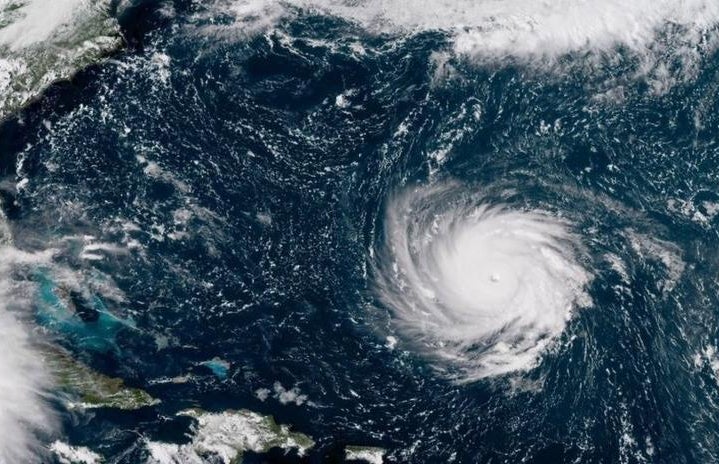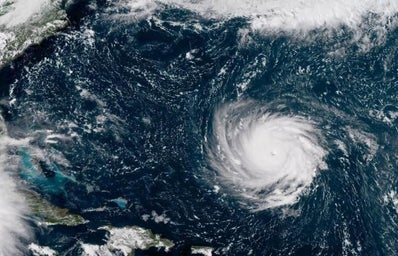When Hurricane Ida struck Louisiana, many residents were faced with tough decisions. The indigenous communities living in South Louisiana were faced with one of the hardest decisions of all: whether their community was worth being salvaged. Reconstruction would require more than just the support of the local community; it would take thousands of dollars and governmental support and acknowledgment. This lack of funding and support made Ida especially devasting to indigenous communities living along the coastline.
Homes were flooded and businesses were destroyed. According to one article, in one neighborhood the roofs had been blown off all the houses. The severity of these hurricanes has only gotten worse in recent years because of climate change. One question climate change brings is how fast the affected communities can bounce back. Is a natural disaster really that disastrous if everything goes back to normal after a day?
Natural disasters are more likely to be labeled as disasters when they affect communities that cannot bounce back quickly. Many communities are still suffering from the effects of Hurricane Katrina. When hurricanes devastate communities, marginalized populations are the most likely to suffer. During Katrina, men fled the city, leaving the women to transport their home goods and children to safety during the flood.
Before Ida, wealthier, white residents could leave for a second home or stay with family in other states, but citizens with lower incomes did not have this privilege. The needs of Indigenous tribes are going to be some of the last to be met, and reconstruction will most likely be a long and slow process.
A large reason why coastal Louisiana tribes are having trouble rebuilding their communities is the lack of federal support. The four biggest tribes in Louisiana are recognized on a state level, but not on a federal level. Because they lack federal recognition, they do not receive any federal aid. Many tribes heavily rely on donations or mutual aid because the only community that truly supports them is their own.
Even on the state level, legislators are focused on fixing the trash collection issues and getting children back to school as soon as possible. Getting Native communities funding is not a state priority, and without the support of the state government, it is extremely difficult for the communities to appeal to the national level.
Before, during and after a natural disaster, there are often large waves of migration. These migrations can be temporary, like to a second home, or permanent, like resettlement in a new state. For example, many Louisianans relocated to Texas after Hurricane Katrina. Indigenous communities are often not presented with the option to migrate.
The tight-knit structure of Native communities makes it virtually impossible for them to move. For many members of these communities, migration from their homes means isolation from their traditions, families and friends. The lack of land recognition and land redistribution presents immense challenges for First Nations. An entire community cannot be plucked from Louisiana and placed in Texas.
As sea levels continue to rise and hurricanes increase in intensity due to climate change, indigenous peoples’ homes will continue to be destroyed. Even worse, without the resources to rebuild or relocate, indigenous people have no options but to continue living in literally broken homes. Without federal recognition, Indigenous communities will continue to be denied access to the aid they need to rebuild their homes, hurricane after hurricane, flood after flood.
Want to see more HCFSU? Be sure to like us on Facebook and follow us on Instagram, Twitter, TikTok, YouTube and Pinterest!


